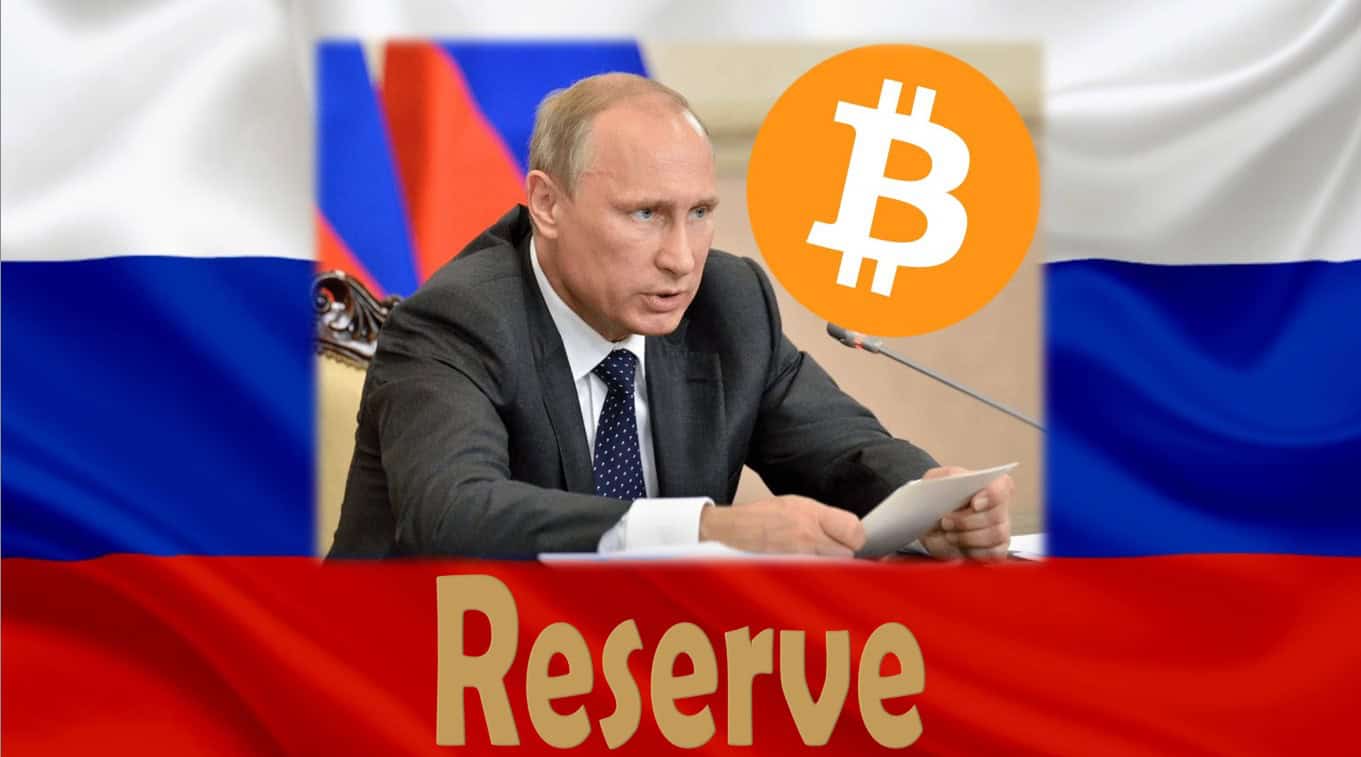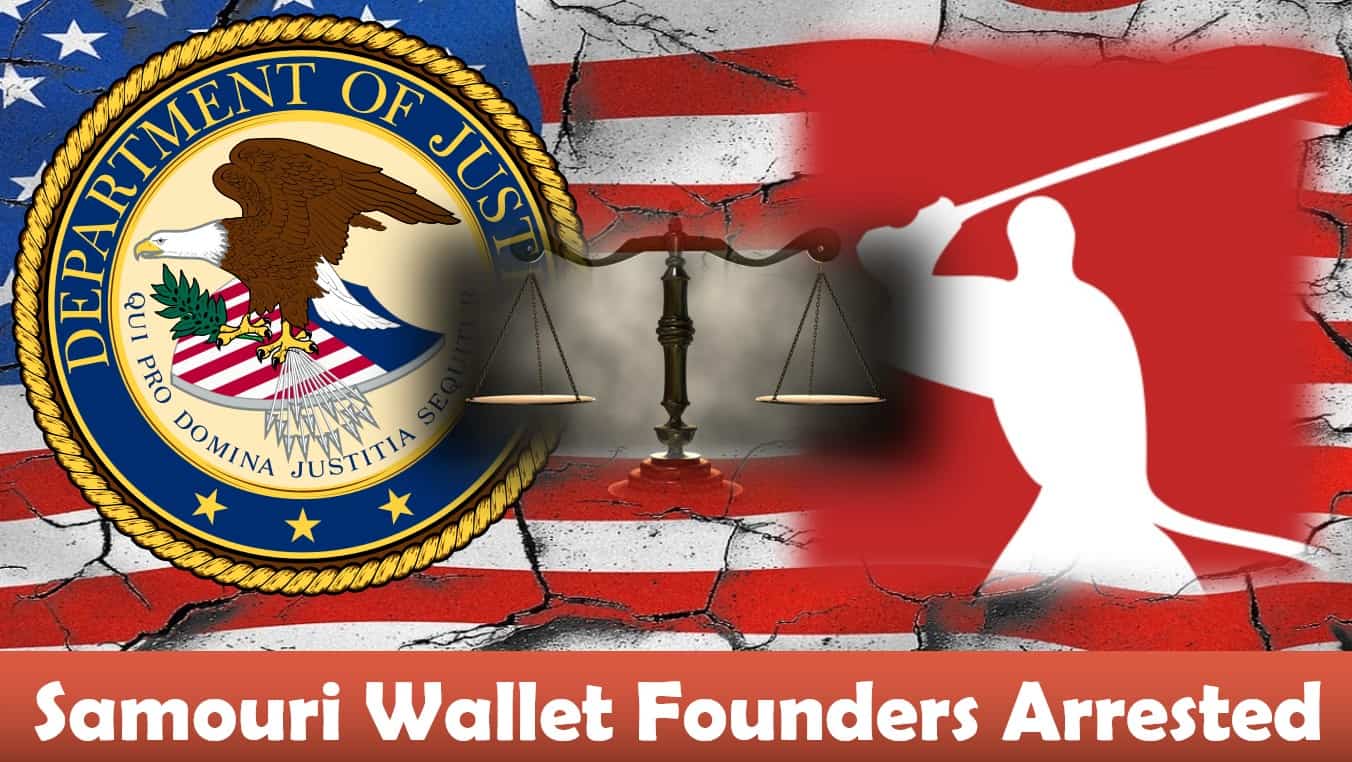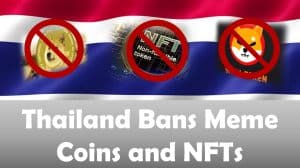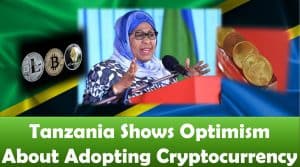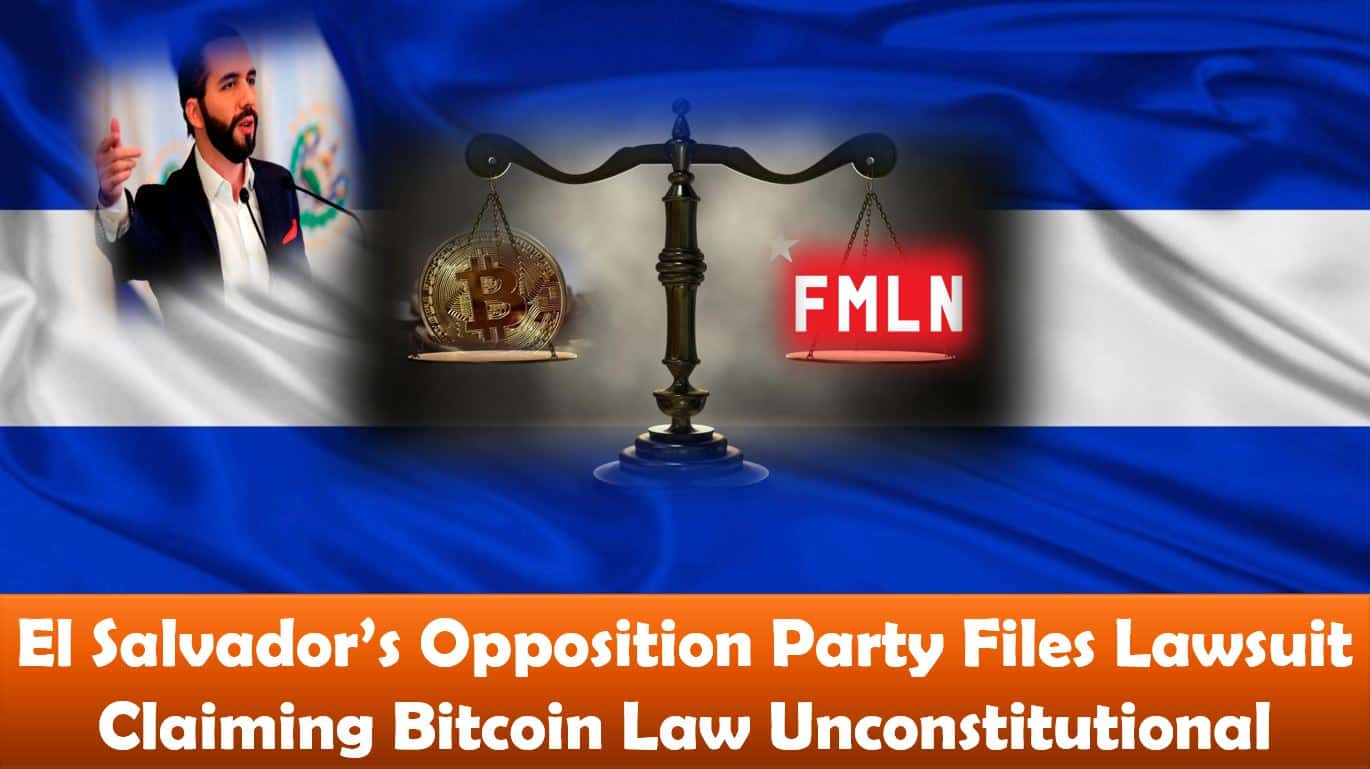
El Salvador’s Opposition Party Files Lawsuit Claiming Bitcoin Law Unconstitutional
Last updated on November 1st, 2022 at 12:34 am
After creating history by becoming the first country to accept Bitcoin as legal tender, El Salvador is off to a rough start.
The bold move made by the country’s president, Nayib Bukele, has been facing opposition on many fronts. The most recent piece of opposition has come in the form of a lawsuit claiming that the president’s decision was unconstitutional.
Several citizens in El Salvador have partnered with an opposition political party named Farabundo Marti National Liberation Front (FMLN) to challenge the president’s decision.
In the matter tabled to the courts, the parties claim that the president’s move to push for Bitcoin adoption was not constitutional.
Jaime Guevara, a legislator for the FMLN national party, is the lawsuit’s leader alongside other plaintiffs such as Oscar Artero. The plaintiffs claim that the Bitcoin law is
“lacking in legality, foundation, and did not consider the significance and harmful effects that such a law will cause to the country.”
In addition, Guevara has claimed that the lawsuit will test the independence of the Supreme Court of Justice, which is currently comprised of newly appointed magistrates.
Guevara’s party, the FMLN, emerged as the third most popular party in the recently completed elections. The party managed to acquire 7% of the total votes, while the National Republican Alliance came in second with 8% of the total votes. Bukele’s party, New Ideas, managed to dominate the elections by leading with over two-thirds of the total votes.
Create Passive Crypto Income With CashFX
Law Lacks Clarity
At the moment, it remains to be seen whether Bukele’s Bitcoin law will withstand the current turmoil, showing that the law may have been implemented prematurely. Enrique Anaya, a lawyer in El Salvador, stated that the president and the relevant entities did not clarify how the Bitcoin law would be implemented.
Furthermore, Guevara has claimed that public rumors show that the Bitcoin law was only implemented to further the president’s agenda and that of his party at the expense of the public. Guevara also claimed that the lawsuit was “simply representing the people.”
Between June 11 to June 15, shortly after the Bitcoin law was implemented, the Chamber of Commerce and Industry of El Salvador conducted a survey on the Bitcoin law, in which 1600 responses were analyzed. The survey indicated that over eight in ten people living in El Salvador were unwilling to accept Bitcoin for payments and salaries.
On June 16, the Minister of Labor and Social Welfare in El Salvador, Rolando Castro, further added that the country was still not prepared to adopt bitcoin to pay salaries.
The Bitcoin law has also faced opposition from the World Bank after the global institution stated that it would not assist El Salvador with its transition to Bitcoin.
The World Bank stated that its decision was influenced by “the environmental and transparency shortcomings” associated with Bitcoin. For the Bitcoin law to be fully adopted and integrated into El Salvador’s economy, it needs to overcome scaling challenges that will enable it to acquire nationwide acceptance.
Disclaimer
The information provided here is for INFORMATIONAL & EDUCATIONAL PURPOSES ONLY!
View our complete disclaimer on our Disclaimer Page




